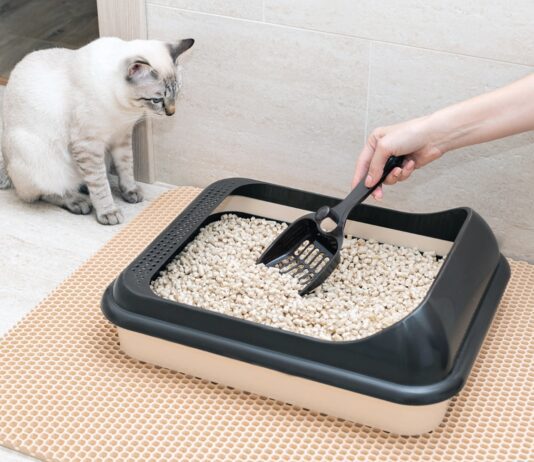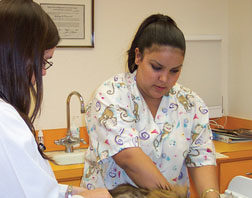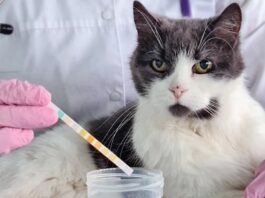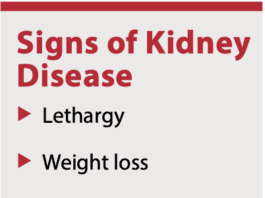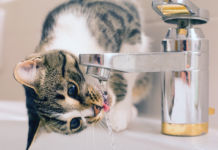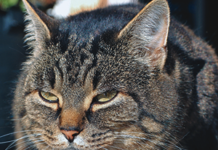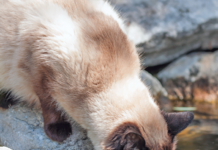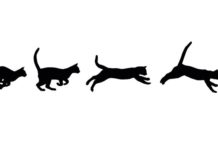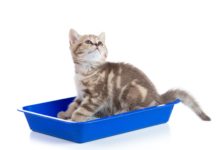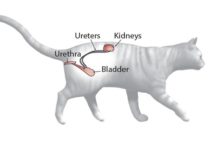Distilled Water for Kidney
Q. I have two older cats, each with chronic kidney disease. I feed them prescription kidney diets, both wet and dry, and they have...
Help for Kidney Disease
A study from Wake Forest Institute for Regenerative Medicine, Winston-Salem, N.C., offers hope for end-stage kidney disease in cats.
Chronic tubulointerstitial fibrosis is a common...
The Chronic Kidney Disease
If you’ve been lucky enough to have a cat or three make it into later life, you’ve probably battled chronic kidney disease (CKD). It’s...
Sudden Loss of Vision
Q. I have a 16-year-old indoor-outdoor male cat who I had recently noticed was urinating a lot and drinking a lot of water. I...
Potential New Test for Urinary Tract Infections
Testing for and treating urinary tract infections can be a challenge for veterinarians. First, an infection must be identified and then the ideal therapy...
Bloodwork for Kidney Disease
Kidney disease can be a serious problem, especially older cats, but it can be difficult to catch. Your cat must lose up to 75 percent of her kidney function before changes become evident on standard screening bloodwork. A routine urinalysis, however, may give your veterinarian a heads up that a blood renal panel should be run to specifically evaluate kidney function
Excess Gastric Acid in Cats with Kidney Disease
Chronic kidney disease (CKD) is common in older cats. Decreased appetite, vomiting, and presumed nausea are commonly seen in cats with CKD, and its been assumed this is due to hypergastrinemia (excess of the gastrin hormone that releases gastric acid), with subsequent increased gastric acid production and mineralization/damage to the mucosal lining of the stomach. To address this presumption, gastric acid suppressants are often administered, despite the fact that there is no evidence that cats with CKD have reduced gastric pH nor that cats diagnosed with CKD derive any benefits from gastric acid suppressant therapy.
Phosphate Binders and Kidney Disease
Since about 30 percent of elderly cats will develop some degree of kidney disease, its important to look at therapies that help cats stay healthy for longer periods of time, and a recent study focused on phosphate binders may be helpful in this regard.
Urine Sample? No Problem
Your veterinarian might want to examine your cats urine for a variety of reasons, such as to evaluate kidney function or monitor diabetes. But how to get that urine? Its not as difficult as you might think.
Kidney Failure is a Progressive Disease
Kidney failure is a leading cause of death in domestic cats.
In the News: Searching for Genetic Clues in Siamese and Related Breeds
Amyloidosis is found in Oriental shorthair, domestic shorthair, Siamese, Burmese and Abyssinian breeds. The disease develops when the abnormal protein amyloid, a fibrous substance, collects for unknown reasons in tissues and organs. The disease can become fatal if amyloid is deposited in the tissue of critical organs, such as the kidneys, liver or heart. The disease also affects humans.
How the Kidney’s Function
The kidneys accomplish many crucial tasks, even when one or both are failing:

